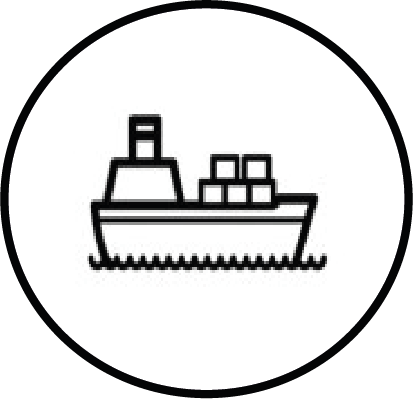
When requirements for biological data are linked clearly to identified management needs, data collected with and by fishermen has the potential to improve fisheries assessment, management and the long term prosperity of the sector. As part of their quality assessment procedures, pelagic fishing vessels and factories often measure several biological parameters of the catch (e.g. species compositions, weight and fat content), as well as information linking the biological data to each specific haul location and depth. Besides the commercial interest in this information, it is potentially also very valuable for stock assessment and ecological research, but rarely is it stored or used for purposes beyond immediate commercial needs.
Through PANDORA, we will design and pilot industry self-sampling programmes that build upon existing QA procedures to provide finely resolved spatial and temporal information on the size and age composition of species, their condition, growth rates and changes in their distribution and abundance. Specifically, we plan to ensure that the data collected is relevant to application in the scientific assessment of fish stocks by designing the program with auditable processes that lead to data quality consistent with the requirements of the EU data collection framework. Necessary parallel work includes ensuring that the data has utility in the stock assessment process and establishing the skills and training to make the pilot successful. In the Northwestern European Shelf case study region, the pilot study will focus on mackerel, with 3 (initially) pelagic fishing vessels and a processing factory. Furthermore, mackerel and herring will be targeted in the North Sea, covering catch composition, sizes, maturity and condition (P22, P1). This work will expand the ongoing self-sampling programme of pelagic fisheries, by training crew members and factory samplers in biological determinations (notably sampling techniques, maturity, condition, possibly stomach contents) which will make the data directly relevant for biological analysis, for example on growth rates and energy-budget modelling.
Case study regions: Northwestern European Shelf, North Sea
Participating project partners: Scottish Pelagic Fishermen's Association (SPFA), University of the Highlands and Islands (UHI), Marine Scotland Science (MSS), Danish Pelagic Producers Organization (DPPO), DTU Aqua
